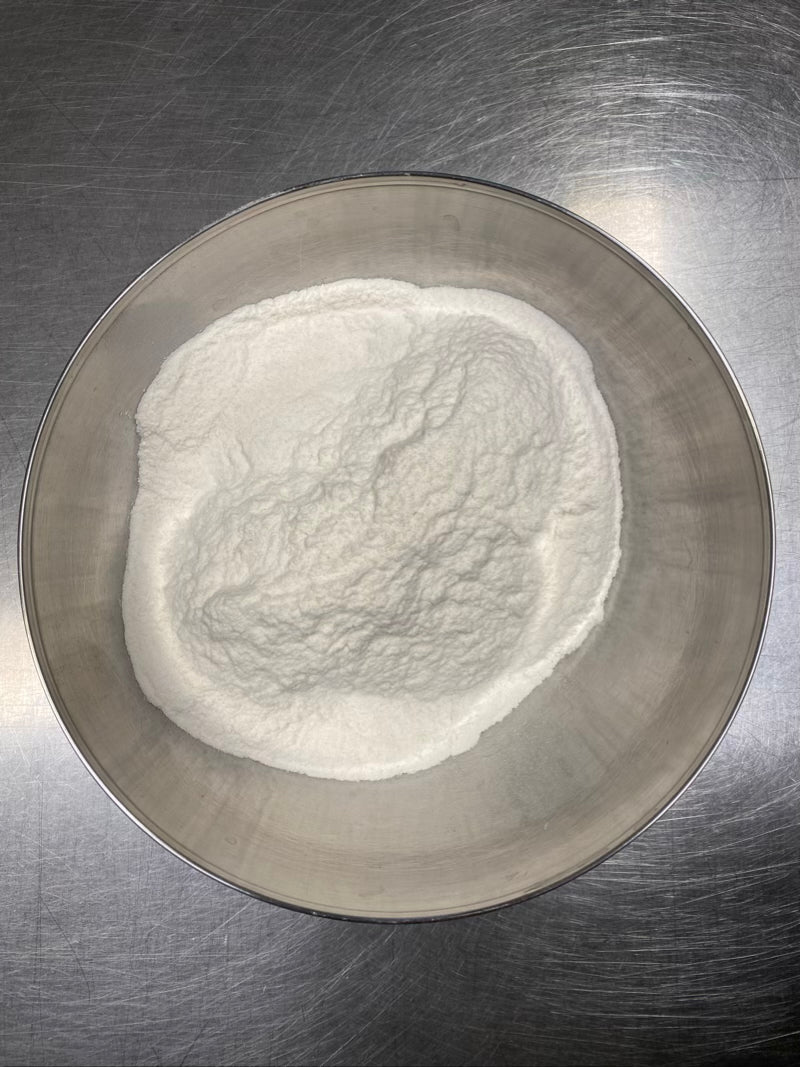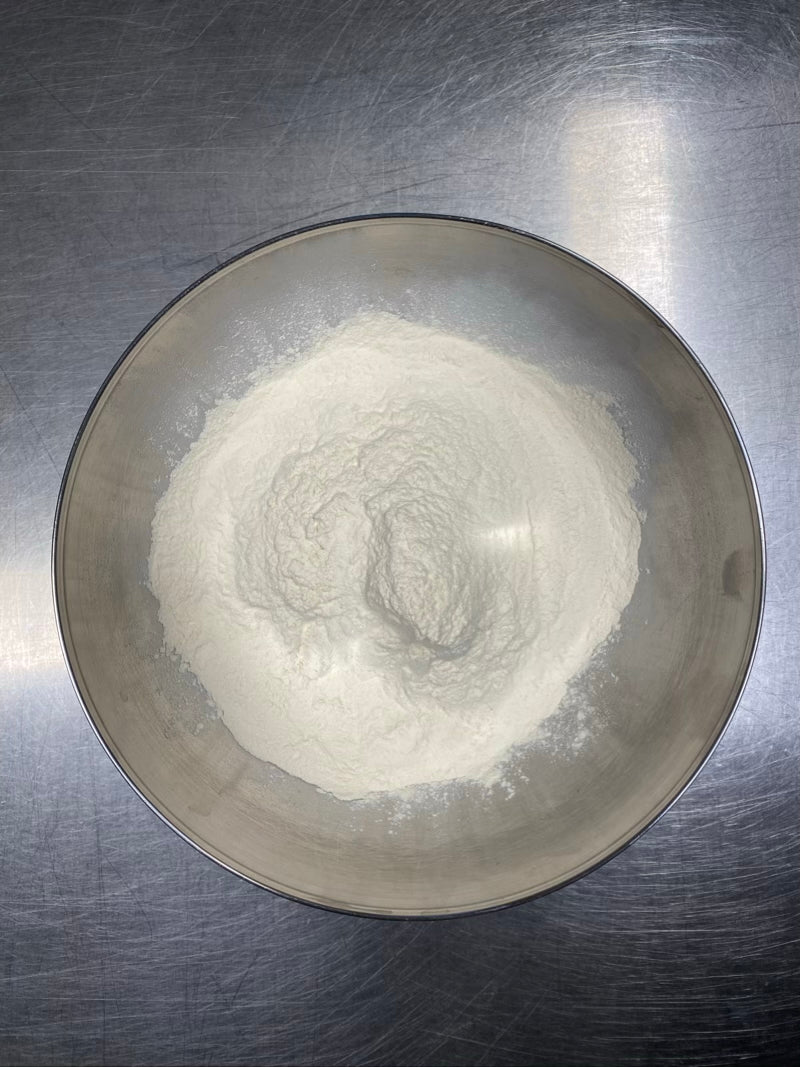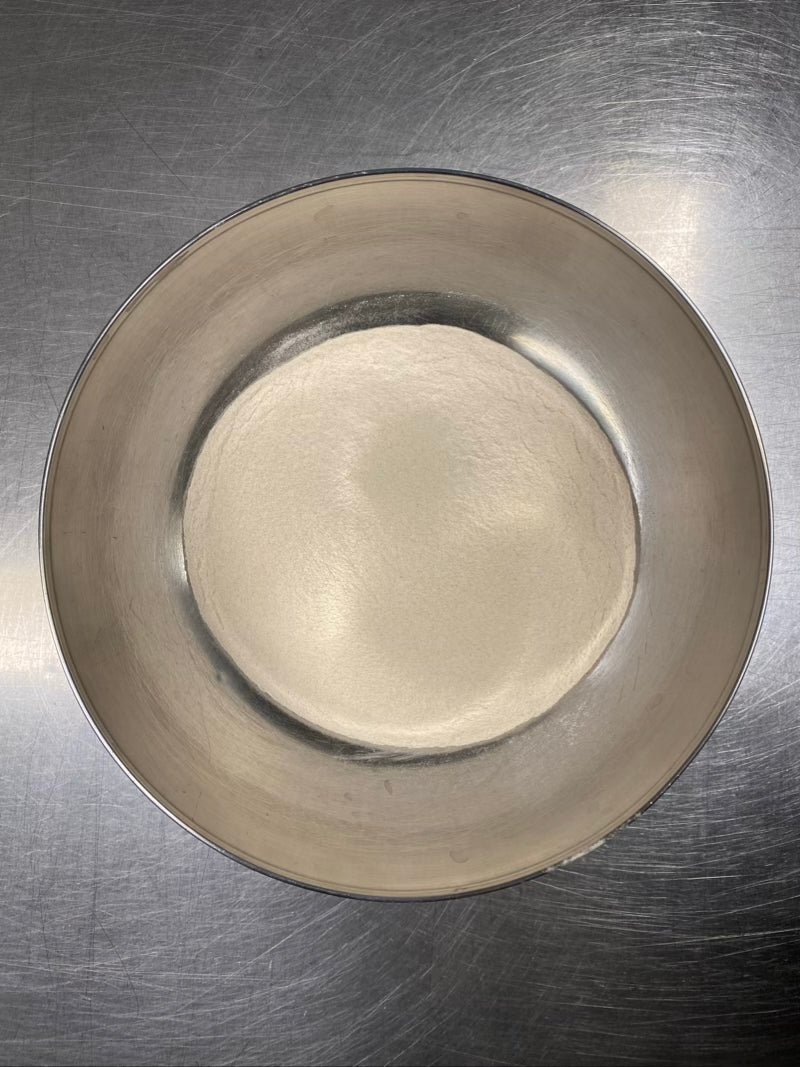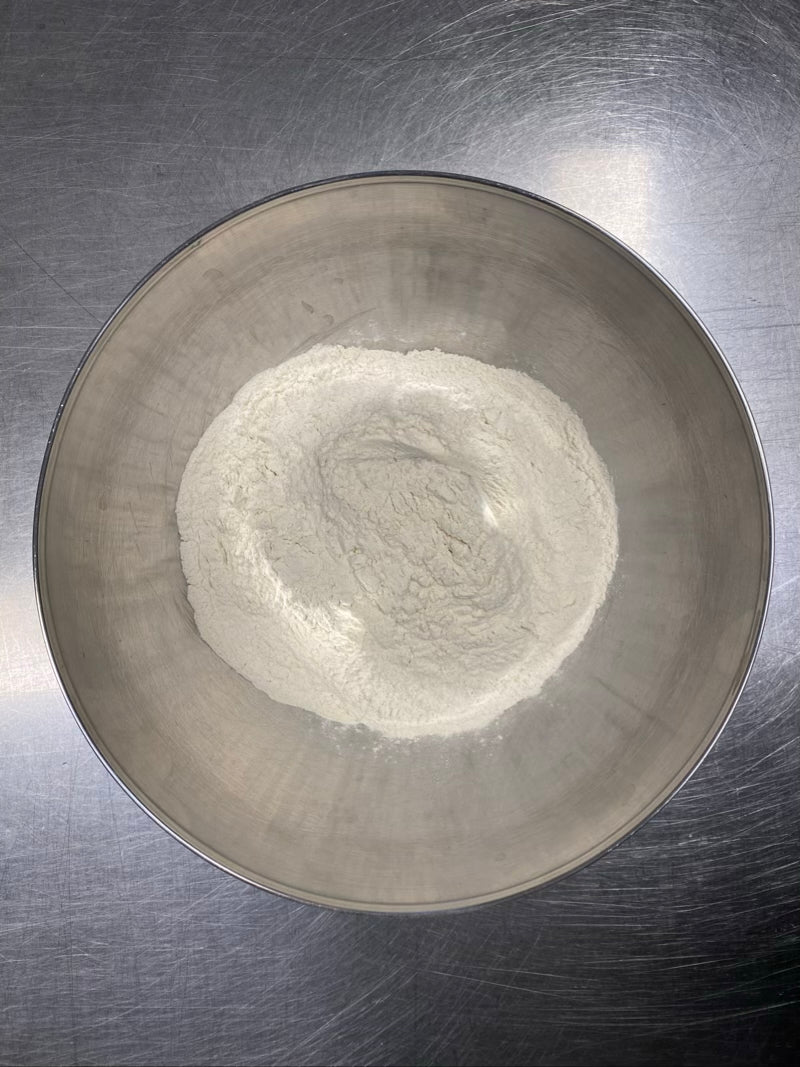- 1. Prevalence: In Italy, it is estimated that celiac disease affects approximately 1 in 100 people, with a higher incidence among females than males.
- 2. Increasing diagnoses: In recent years, there has been a significant increase in celiac disease diagnoses, thanks to increased awareness and improvements in screening methods.
- 3. Reimbursement of expenses: The Italian National Health System provides a reimbursement for the purchase of gluten-free products for diagnosed celiacs, a cutting-edge policy compared to many other countries.
- 4. Law on gluten-free menus: In Italy, a law has been introduced that obliges all school, hospital and university canteens to offer gluten-free options.
- 5. AIC: The Italian Celiac Association is very active in promoting awareness of celiac disease, supporting research and helping celiacs manage their condition.
- 6. Excellence in research: Italy is internationally recognized for its research into celiac disease, with numerous studies contributing to understanding the disease and improving treatment strategies.
- 7. App for celiacs: There are several mobile applications developed in Italy to help celiacs find gluten-free restaurants, shops and products.
- 8. Events and initiatives: Every year, Italy hosts events, fairs and initiatives dedicated to celiac disease and gluten-free nutrition, promoting awareness and the exchange of information.
- 9. Gluten-free tourism: Italy is considered one of the most welcoming destinations for celiac tourists, with a wide range of certified gluten-free accommodation and restaurant facilities.
- 10. Training for catering operators: There are specific training programs for chefs and catering staff on gluten-free nutrition, to guarantee safe meals for celiacs.
- 11. National guidelines: The Italian Ministry of Health has published specific guidelines for the diagnosis and treatment of celiac disease, regularly updated based on the evolution of scientific knowledge.
- 12. Psychological support: Some healthcare facilities and associations offer psychological support to celiacs and their families to address challenges related to diet management and the impact on quality of life.
- 13. School projects: Educational projects on celiac disease are carried out in many Italian schools to promote the understanding and integration of celiac children.
- 14. Microbiome research: Italian studies are exploring the role of the intestinal microbiome in celiac disease, opening new perspectives for innovative treatments.
- 15. Innovation in gluten-free products: The Italian food industry is at the forefront of developing high-quality gluten-free products, from pasta to bread, maintaining the taste and culinary tradition of the country.
- 16. Awareness campaigns: Regularly, national campaigns are launched to raise awareness of celiac disease and encourage people to undergo screening.
- 17. International collaborations: Italy collaborates with international bodies and associations to promote research and improve the management of celiac disease at a global level.
- 18. Transition support: There are dedicated guides and resources to help celiacs in the transition to a gluten-free diet, making it easier to adapt to a new lifestyle.
- 19. Food certification: Italy has a rigorous certification system for gluten-free foods, ensuring safety and reliability for celiac consumers.
- 20. Gluten-free food festival: Festivals dedicated to gluten-free food are held annually, where producers, chefs and celiacs meet to share experiences, news and recipes.
20 Curiosities about celiac disease










Share:
20 Reasons to be Positive
Brown rice flour